
Bernard A. Cohen, MD, shares what he thinks will be most exciting at this year's Society for Dermatology Meeting in Indianapolis, Indiana.

Bernard A. Cohen, MD, shares what he thinks will be most exciting at this year's Society for Dermatology Meeting in Indianapolis, Indiana.
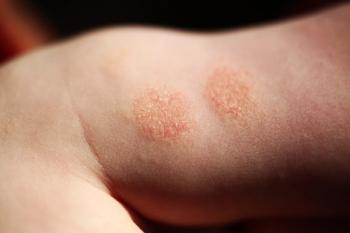
Cynthia J. Trickett, PA-C, MPAS, discusses the personal and clinical effects of atopic dermatitis in adult and pediatric patients at the 2022 Maui Dermatology Conference for PAs & NPs.

At the SPD 2022 47th Annual Meeting in Indianapolis, Indiana, a poster session on atopic dermatitis severity and outcomes in young children from 5 regions around the world.
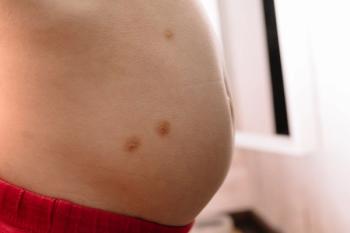
Verrica is complying with the FDA through 3 Complete Response Letters to achieve the first FDA-approved treatment of molluscum contagiosum.

The approvals were based on results from the JUNIPERA trial, which showed secukinumab reduced the risk of flare and disease activity when compared with placebo over 2 years in pediatric patients with ERA and JPsA.

From pediatric dermatology quizzes to the latest news in telederm to practical pearls on atopic dermatitis, alopecia, and vitiligo, there’s a lot going on at the SPD 2022 47th Annual Meeting, this year in Indianapolis, Indiana.

You will find dermatologic studies from the rare (annual erythema of infancy) to the common (atopic dermatitis) and lots in between at the poster sessions at this year's SPD 2022 47th Annual Meeting in Indianapolis, Indiana.

A wide array of fascinating sessions are being presented this year at the SPD 2022 47th Annual Meeting in Indianapolis, Indiana.
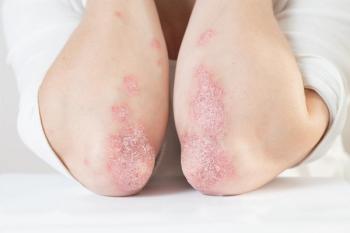
It is important for pediatric and family nurse practitioners caring for patients with dermatological conditions to be comfortable talking about the conditions with children, adolescents, and their parents.

The effect of acne is more than skin deep.

Meena Julapalli, MD, notes the sessions she is most looking forward to at the Society for Pediatric Dermatology in Indianapolis, Indiana.
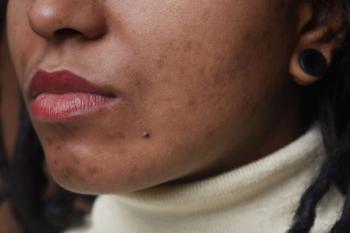
Tips for using patient education to help reduce the risk of postinflammatory hyperpigmentation.

At the 2022 Maui Derm NP+PA meeting in Colorado Springs, Colorado, a discussion of the newest biologics and how to "mix and match" medications and algorithms.
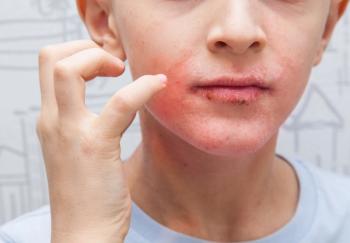
James Treat, MD, dives into pediatric patients dealing with alopecia areata, sleep issues in children with atopic dermatitis, and more.

Dr. Arkin speaks to how the psychological burdens of vitiligo can be exacerbated in younger patients, and what anticipated approvals such as ruxolitinib cream could mean for pediatric populations.
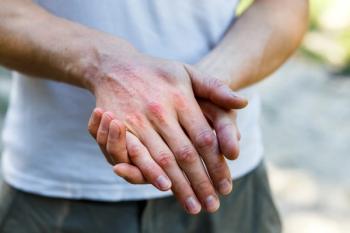
New data from ECZTRA 6 show improved sleep quality, itch relief and quality of life among teenagers treating atopic dermatitis with the IL-13 inhibitor.
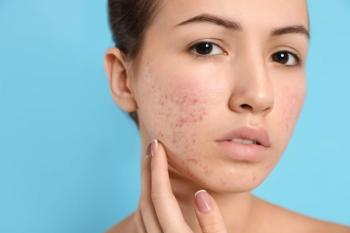
Recent meta-analysis takes a look at possible adverse effects of the acne medicine, their frequency, and severity.
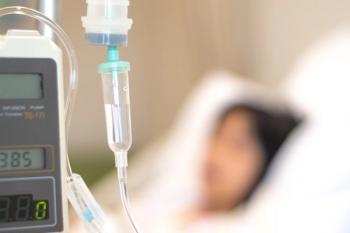
Robert Dracker, MD, MHA, MBA, CPI, discussed considerations and developmentally appropriate interventions to promote high quality, patient-centered pediatric infusion care in a presentation at the 2022 National Infusion Center Association Annual Conference.
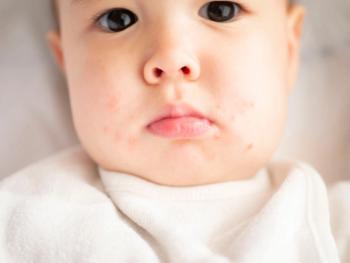
At the 2022 SDPA Annual Summer Meeting, Lisa Swanson, MD, shared some fascinating patient presentations in pediatric dermatology.

A recent study showed that patients with atopic dermatitis have a higher prevalence of infertility, highlighting the need for clinicians to be wary of this increased risk and improve the care and management of this patient population.
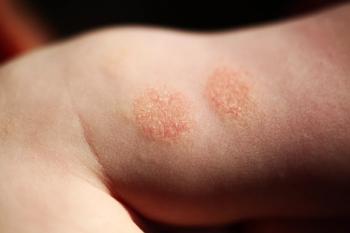
Amy Paller, MD, sits down to answer important questions on the FDA approval of dupilumab for patients aged 6 months to 5 years.

Isotretinoin prescriptions are a challenging endeavor, requiring collaboration between providers, office administrative staff, pharmacists, insurance companies, and laboratory facilities.
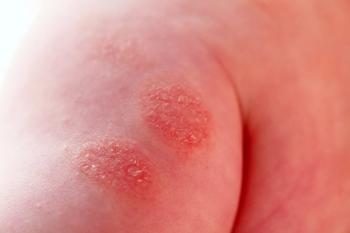
Sanofi and Regeneron Pharmaceuticals, Inc announced the FDA approval of dupilumab. It is now the first biologic medicine for children from 6 months to 5 years old with moderate to severe atopic dermatitis.
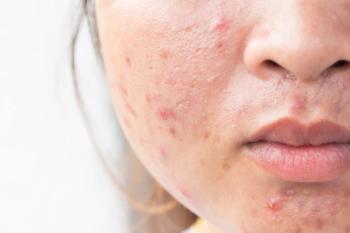
Investigators explore the effectiveness of new combination therapies to address the multifactorial pathophysiology of acne vulgaris.

Understanding the difference in biology and clinical presentations of cutaneous conditions in different skin types is critical for health care professionals to treat a diverse population.